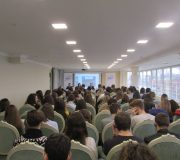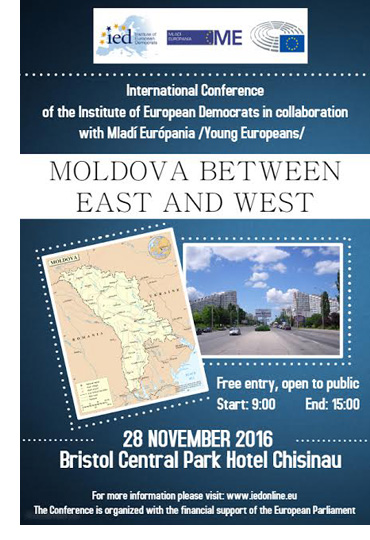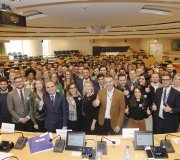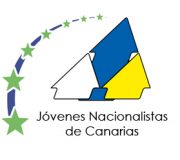We continue to consider the European Union as our common home believing that National boundaries are no more a limit but a gate to share our cultures and common values with other European citizens. In it with this firm belief that several of our members took part as speakers to the conference “Moldova between East and West” organised by the Institute of European Democrats in collaboration with our Slovak member Mladí Európania in Chisinau on 28 November 2016.
This event aspired to reflect upon the intensifying relations between the EU and Moldova after the EU-Moldova Association Agreement entered into force on 1 July 2016. The Agreement is a breaking point in the EU-Moldova relationship which aims to proceed to a gradual economic integration and a deeper political cooperation between the country and the EU. Nevertheless, there are still several serious issues such as the high level of political and economic corruption, poverty, slow pace of the reform process and long-term Transnistria dispute. What is more, the EU currently experiences major crisis in its history, facing the massive migration flow from the Middle East and North Africa, Brexit negotiations, worsening relationship with Turkey and the overall rise of anti-EU parties across Europe. All this reflects on the development of the European Neighbourhood Policy.
The conference therefore analysed the relationship and current state of negotiations between EU and Moldova, evaluated the positive and negative prospects of the Moldovan Accession to the EU and broadened the discussion on Moldova to the overall concept of the European Neighbourhood Policy.
In the first panel of the conference: Moldova between East and West from international perspective: European Union, Russia and the future of Moldova’s geopolitical orientation, Mihai Sebe, Partner Member of the YDE Board provided a political analysis of the European Neighbourhood Policy and of the Eastern Partnership approach as seen from an EU border country, Romania, a country with particular ties with Moldova. He underlined the main challenges that the country and the region are facing and emphasised the need of structural reforms.
Mihai also mentioned that from now on, the EU must support concrete projects and less parties or politicians. We need real small steps rather than pro-European rhetoric void of any real content. As regards Russia doubts were expressed regarding its ability to replace the EU financial assistance – that would force the governing forces to maintain a pro-European trajectory as at the end they must keep the state going and they need the money to do that. The last years of pro-European governing although disappointing on some aspects provided us with a lot of lessons on do and do not that need to be learned and then put into practice in all our future actions and policies
In the last panel of the conference: Youth in Moldova and Europe: Youth Perception of the future of the EU-Moldova relations and EU Neighbourhood Policy, Miroslava Calegari, former YDE President stressed the fact that despite the Western EU countries and Europeans youth don’t know too much about Moldova, we are a part of one family. As a thirty-year old Slovak woman that can still a little bit remember the “pre-European” life, this is understandable youngsters are leaving their homes in prospective of better future as we all do want to live a better life. However, the problem is there will not be someone to change Moldova. Moldavian youths have to fight in prospective of your own future and the future of the next generations to come and be strong and patient. These changes can just happen next year or next decade. We will be here to share our thoughts, experiences and to support you not to slow down and that was why we were here in Chisinau.
Veronika Okata, YDE Board member and Vice-President for Foreign Affairs and Partnerships in Mladí Európania emphasised the importance of the involvement of Moldavian Youth in the decision-making processes and civil society mobilization. In her speech, she also shared the advice and best practice on how the youth can be influential on both the European and national level. Veronika also shared the experience of political involvement of youth in Slovakia from the period before joining the EU and after the country’s accession in 2004, underlying advantages and disadvantages of the EU membership. In the end, she wished all the participants good luck in fight for the better future of Moldova, while expressing the hopes of closer collaboration between the EU and Moldova.
The conference was organised with the financial support of the European Parliament.




